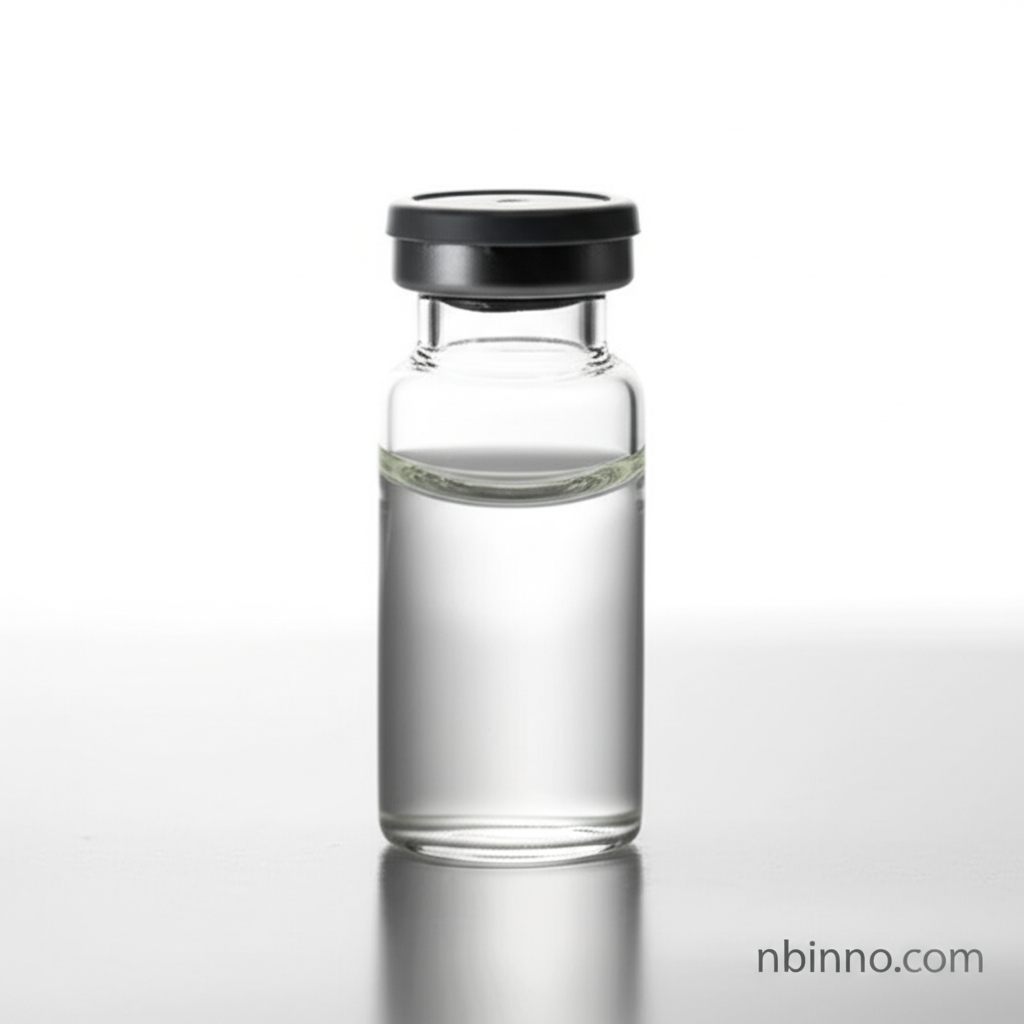Toluene Diisocyanate (TDI): Key Properties, Applications, and Uses in Polyurethane Manufacturing
Discover the critical role of Toluene Diisocyanate (TDI) in producing versatile polyurethane materials, from soft foams to durable coatings. Explore its chemical properties and industrial significance.
Get a Quote & SampleProduct Core Value

Toluene Diisocyanate
Toluene Diisocyanate (TDI) is a vital aromatic isocyanate that serves as a fundamental building block for a vast array of polyurethane products. As a leading supplier in China, we provide high-purity TDI essential for manufacturing high-quality polyurethanes used across numerous industries. Our commitment to excellence ensures you receive a product that meets stringent quality standards for your chemical intermediate needs.
- High Purity for Superior Polyurethane Production: Our Toluene Diisocyanate boasts a purity of 99.5% or higher, crucial for achieving consistent and high-performance polyurethane materials when used in chemical manufacturing.
- Versatile Applications in Polyurethane Manufacturing: Explore the diverse uses of TDI as a key component in producing flexible foams for furniture and automotive seating, as well as in polyurethane coatings, adhesives, and elastomers, showcasing its broad utility.
- Understanding Chemical Intermediate TDI: Learn about the specific properties and typical values of Toluene Diisocyanate, including its isomeric ratio, acidity, color, and hydrolyzable chlorine content, to make informed decisions for your formulations.
- Reliable Supplier for Industrial Needs: We are a trusted manufacturer and supplier of TDI in China, dedicated to providing reliable access to essential chemical raw materials for your production processes.
Advantages of Using Toluene Diisocyanate
Enabling Flexible Foam Production
TDI is a primary precursor for creating the flexible polyurethane foams found in everyday items like mattresses and car seats, demonstrating its role in comfort and support. Understanding the specific applications of aromatic isocyanates is key for product development.
Enhancing Coating Performance
When reacted with polyols, TDI contributes to the creation of durable and versatile polyurethane coatings, offering protection and aesthetic appeal across various substrates. This highlights the importance of TDI for polyurethane coatings.
Facilitating Adhesive Strength
The reactivity of TDI makes it invaluable in formulating strong and reliable adhesives, essential for bonding diverse materials in manufacturing and construction. Exploring toluene diisocyanate uses reveals its bonding capabilities.
Key Applications
Polyurethane Production
TDI is a cornerstone chemical for the synthesis of polyurethanes, a class of polymers used in countless products. Its use as a chemical intermediate is fundamental.
Flexible Foams
The majority of TDI production is dedicated to flexible polyurethane foams, widely used in furniture, bedding, and automotive interiors for cushioning and comfort.
Polyurethane Coatings
TDI is a key ingredient in many polyurethane coatings, providing excellent durability, chemical resistance, and flexibility for protective and decorative finishes.
Elastomers and Adhesives
Its reactive nature also makes TDI suitable for producing high-performance polyurethane elastomers and strong adhesives used in various industrial applications.
